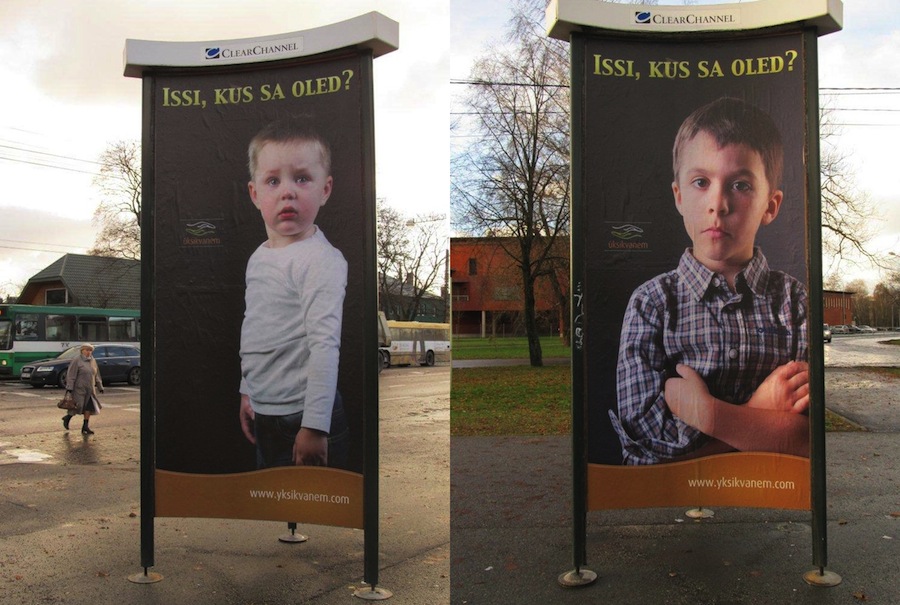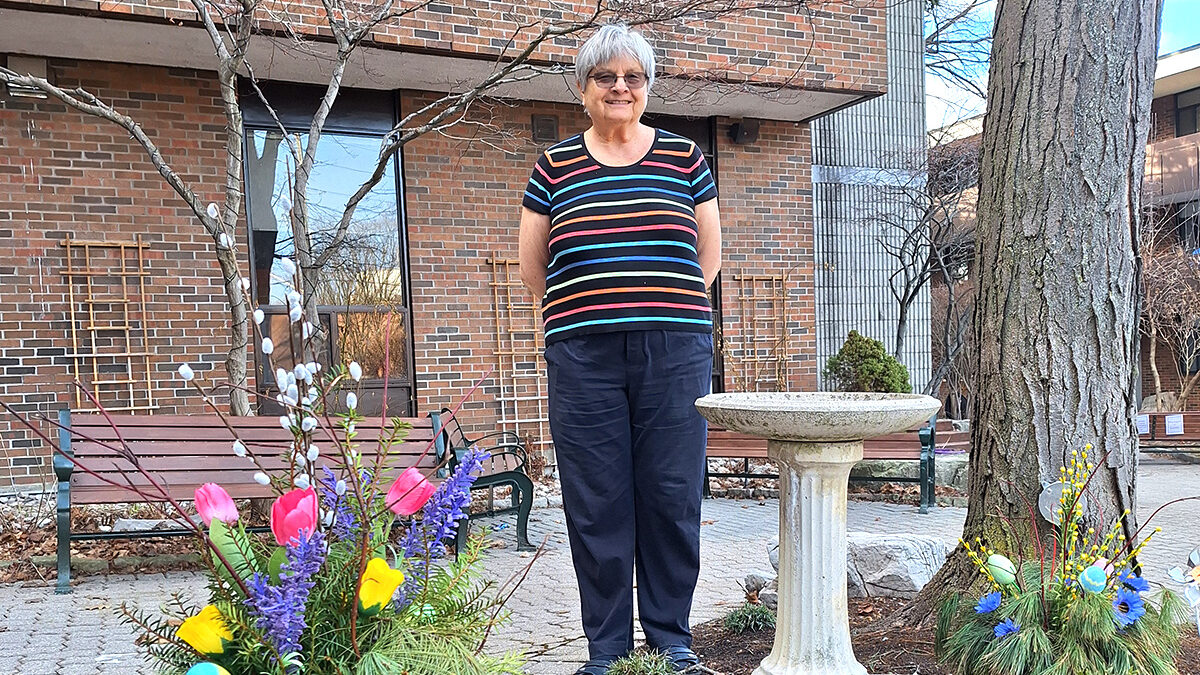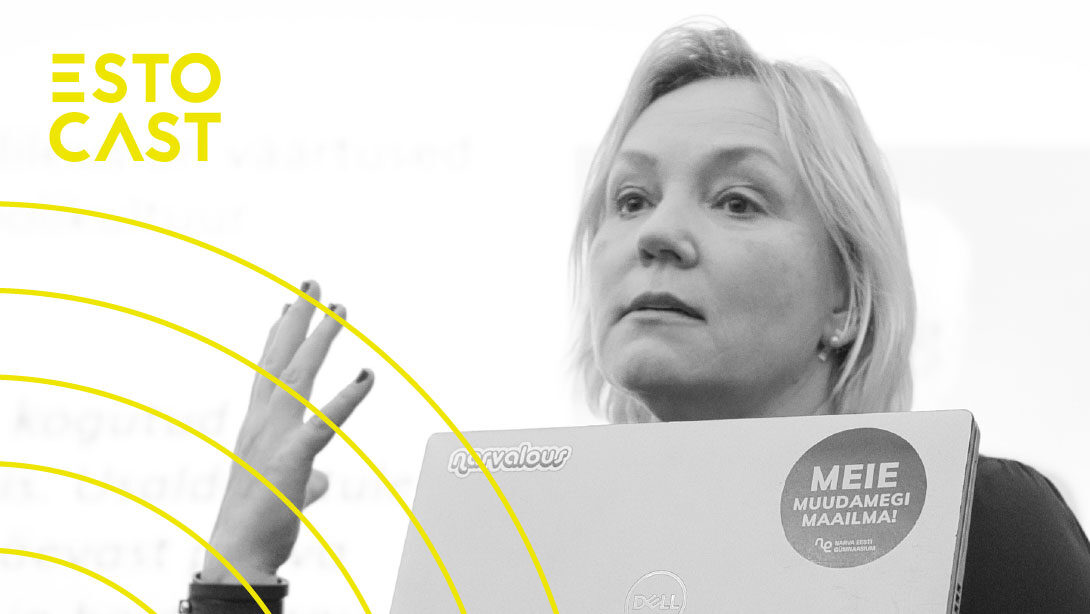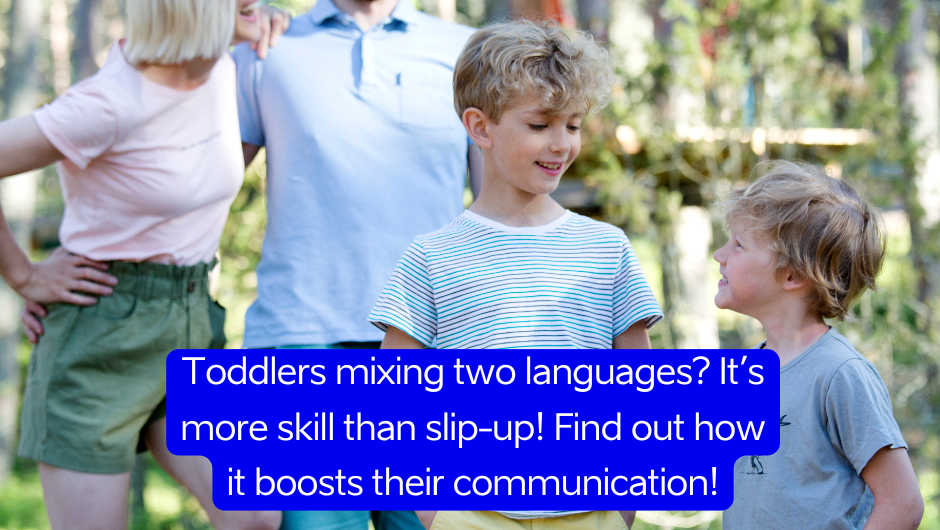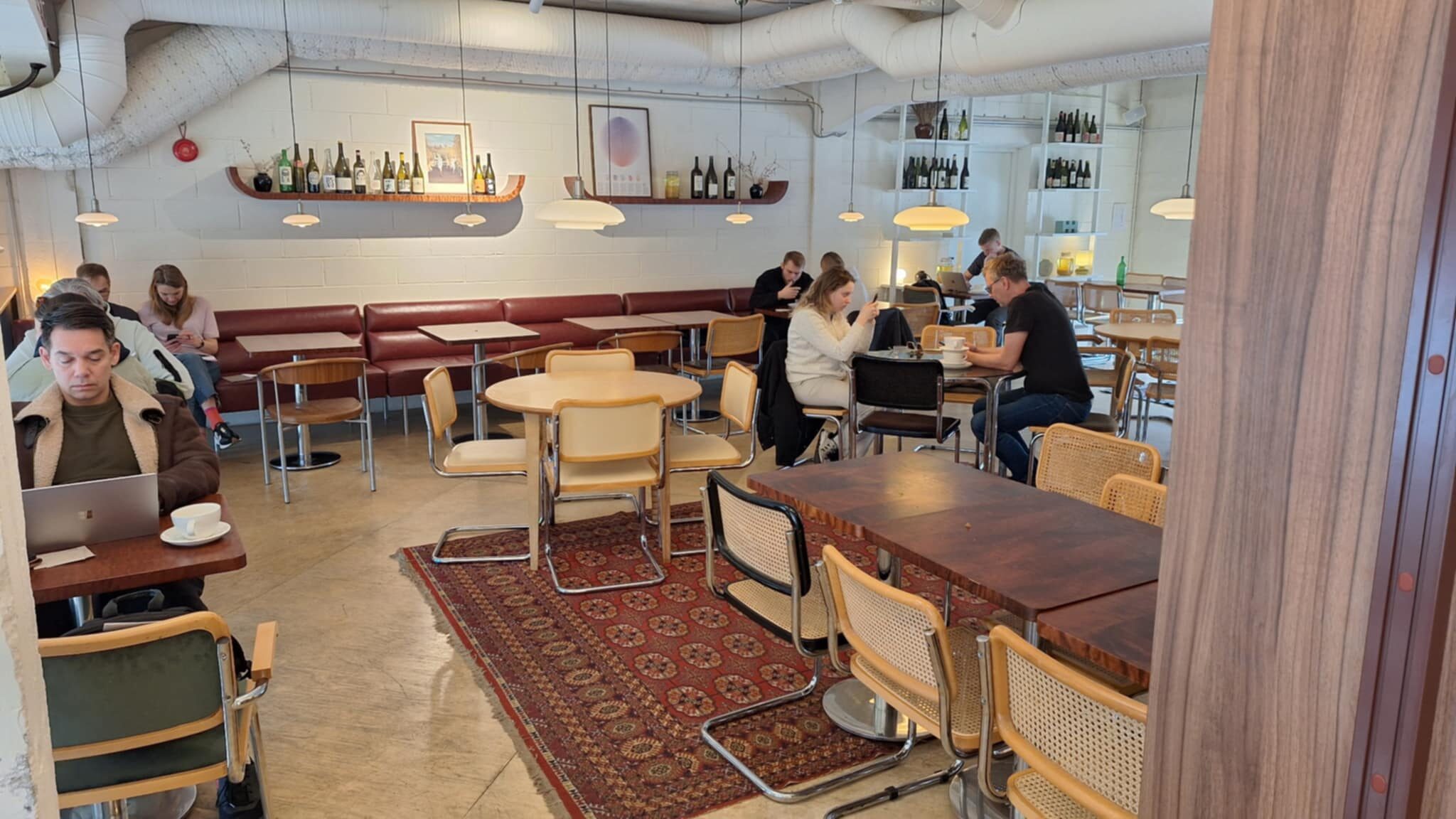The website www.yksikvanem.com which has existed since 2009 as a place for single parents to get support and useful information, states that as of 2011 there are 29 304 üksik/vanemaga leib/konda, i.e. single parent households, making up 17,8% of the number of households with children in Eesti.
As people who have grown up supported by Estonian communities abroad are well aware, it takes a village to raise a child, so the support provided by this organisation is crucial. It is a support network (tugi/võrgustik) intended to represent and speak on behalf of üksikvanemad, help provide counseling and all manner of support, including questions concerning isa/poolne ülal/pidamise toetus, child support payments from the father. The message on the poster aims to remind everyone that children wait for and need BOTH their parents. Küllike Lillestik, a member of the said non-profit organization commented: “Fathers are in the spotlight of this campaign, since statistics show that there are many more children in Estonia growing up without their fathers, than without their mothers. In order to ensure children's successful development, they need to feel secure with and have good relations with both parents.”
Some of the greatest problems facing single parents are financial. The toidu/pank or Estonian Food Bank's current awareness campaign states that every 5th child in Eesti knows what it's like to go to bed with an empty stomach. More precisely that every fifth child lives in a family whose monthly income per household member (leibkonnaliikme kohta) is under 186 euros or $235. (Allikas: õiguskantsler / Source: Estonian Chancellor of Justice) No doubt single parent households make up a large share of those struggling. In fact statistic show that 38% of Estonian single parent households live in poverty.
Estonian group names carry the suffix –kond: ühis/kond = society, kogu/kond = community, lugejas/kond = audience of readers, sõprus/kond = group of friends, pere/kond = family and very appropriately leib/kond = household or those who break bread (leib) together.
Üksikvanemast võib kergelt saada väga üksik inimene – a “lone”, i.e. single parent can easily become a very lonely person, but this organisation is helping to say: Üksikvanem, sa ei ole üksi – “Lone” parent, you are not alone!”
Riina Kindlam, Tallinn
